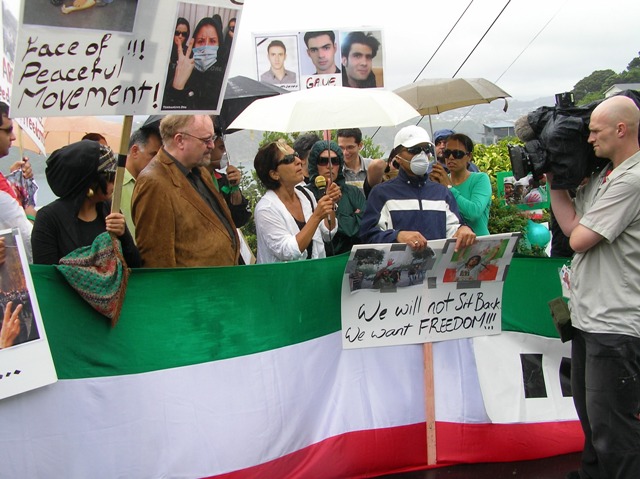MORE QUOTES FROM
ALBERT MEMMI’S PILLAR OF SALT – a
coming of age story in Tunis of the 1930s.
| Albert Memmi, author of Pillar of Salt |
Moving
out of the poor Jewish quarter where he had grown up and into the larger world
of the lycée he attended on a scholarship, he learned more clearly to distinguish what was right and proper at
school from what was right and proper at home.
In
other words, he became a critical observer of society.
My scorn and my anger were constantly aroused against hypocritical and
timorous respectability, against the stupid and tyrannical family, against
brutal and unjust authority, against primitive dogma that seemed arbitrary and
stifling. I had to reject everything.
By
the end of his high school days he knew what he did not want to be and only in
a confused manner what he wanted. I
wanted to escape from myself and go out towrd the others. I was not going to
remain a Jew, an Oriental, a pauper; I belonged neither to my family nor my
religious community; I was a new being, utterly transparent, ready to be
completely remade into a philosophy instructor.
He
turned to Socialism, but soon came to realize that the European parties offered
no solutions to Tunisians. The people of
Tunisia needed their own party to fight for them. I was too shy to add that
Muslim hostility would have to be dispelled and that there was also the
hostility of the Jews who had been driven behind thick walls by centuries of
fear.
Then
came the war and the Nazi occupation of Tunisia. Memmi (or rather his protagonist
in this thinly disguised autobiography) wants to enlist in the Free French Army of the Gaullists. He identifies himself as a native African Jew. The lieutenant hesitates. “You don’t want any Jews?’ I asked.
“Oh, not at all,” he said. “We already have lots. That’s why they say
that the Gaullists are mostly Jews, which isn’t true and does us a great deal
of harm. Look, write down your name and add ‘Mohammed”. There is no difficulty
for Muslims.” “I am going to think this over,” I said.
He
leaves Tunis. On board ship, he looks out at the receding shoreline. First one star shone, then a second, then
thousands. I grew uneasy gazing at the violet sea which attracted me like a
sorceress while it heaved and settled, so I went down to the hold to sleep.




